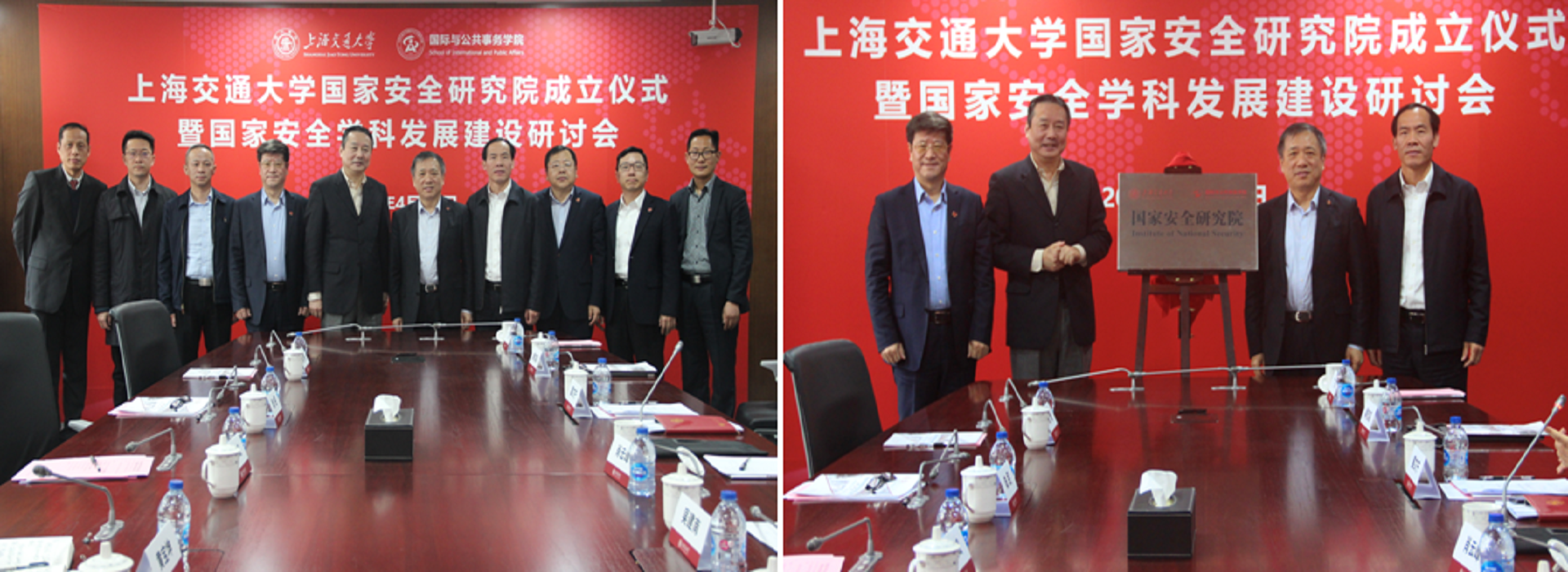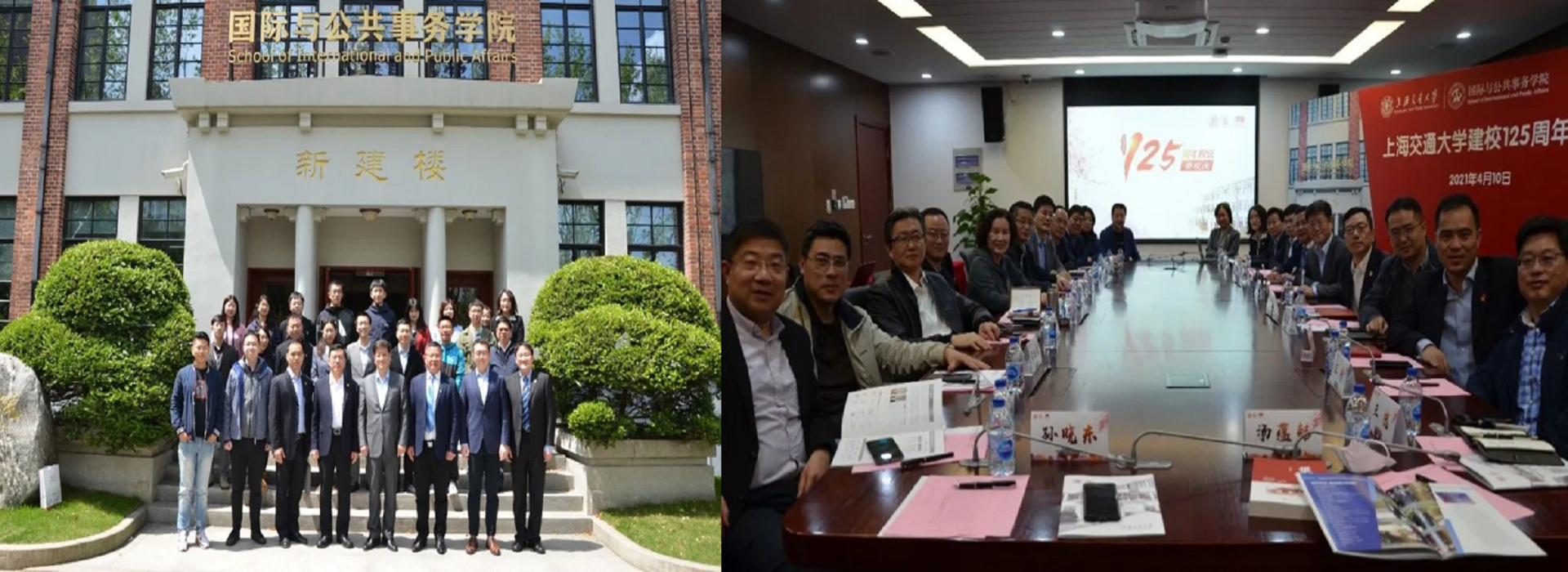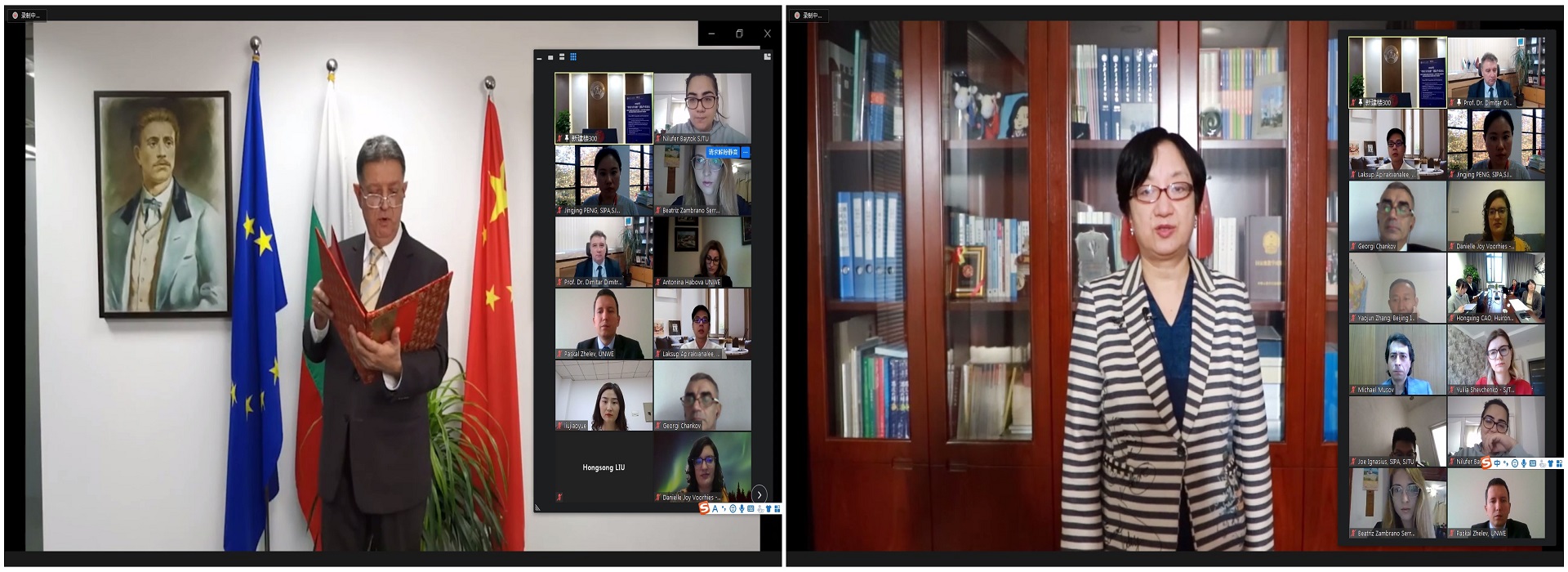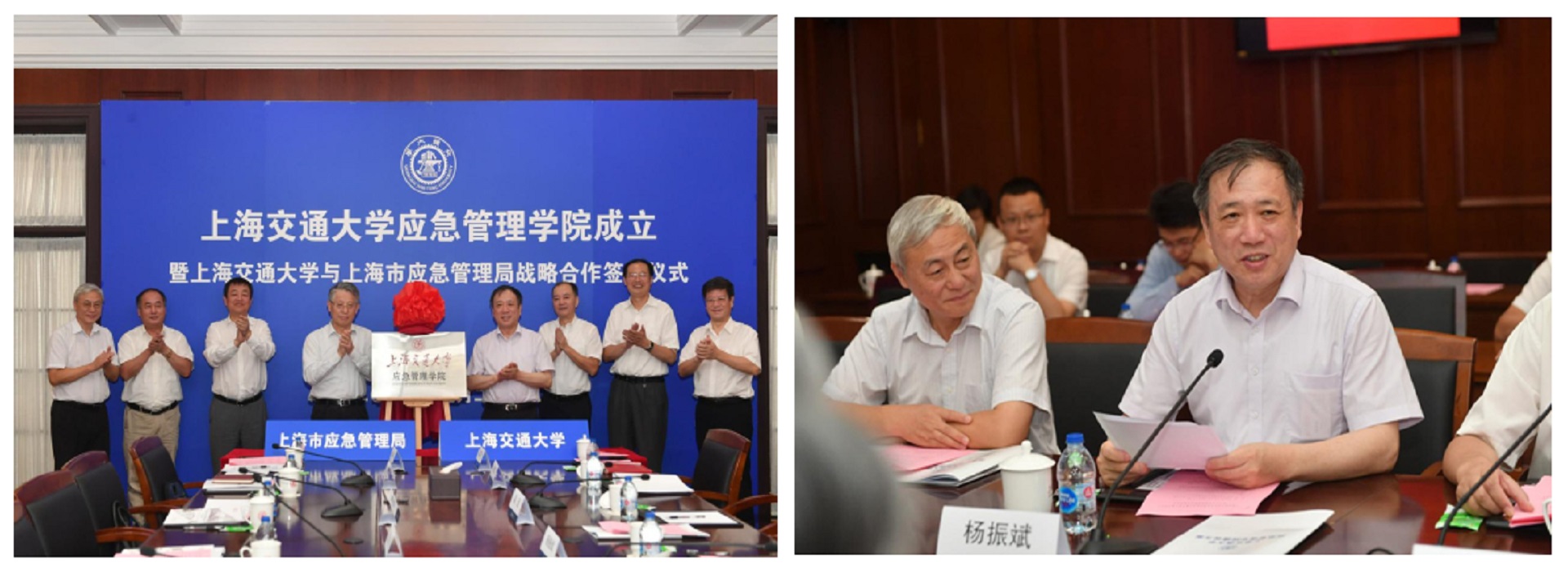Lecture 26: Knowledge and Entrepreneurship in Cities
2018/5/30 13:53:24
Lecture 26: Knowledge and Entrepreneurship in Cities May . 30 . 2018

Speaker:Haifeng Qian
Associate Professor, School of Urban and Regional Planning, University of Iowa
Host:Jiannan Wu
Distinguished Professor, Executive Vice Director, China Institute for Urban Governance, Head, Division of Liberal Arts and Social Science, Shanghai Jiao Tong University
Time:2018. 06. 05.(Tuesday)09:30-11:00 p.m.
Location:Room 239, Xinjian Building, Shanghai Jiao Tong University, Xuhui Campus
Organizers:China Institute for Urban Governance, School of International and Public Affairs, Shanghai Jiao Tong University
Short Bio: Haifeng Qian is an associate professor in the School of Urban & Regional Planning and Public Policy Center at the University of Iowa, where he teaches applied microeconomics, economic development policy, and spatial data analysis. He has published over 20 research articles in the areas of entrepreneurship, innovation, urban economic development, and science & technology policy. Dr. Qian is an editor of Small Business Economics and an associate editor of Economic Development Quarterly. He won a few highly competitive research awards or grants, including the Best Conference Paper Award from Urban Affairs Association, the Early Career Grant from Regional Studies Association, and the Charles M. Tiebout Prize from Western Regional Science Association. Dr. Qian holds a Ph.D. in Public Policy (George Mason), an M.S. in Management Science & Engineering (Tsinghua), and a B.S. in Engineering Physics (Tsinghua).
Abstract:
Entrepreneurship plays an increasingly important role in urban economic development. Recent literature on the knowledge spillover theory of entrepreneurship has addressed knowledge as one major source of entrepreneurial opportunities in cities. The goal of this research study is to identify the specific types of localized knowledge that underpin new firm formation by entrepreneurs. The quantitative part of the study develops a new typology of urban knowledge bases and further examines the associations between these differentiated knowledge bases and high-tech entrepreneurship in U.S. metropolitan areas. One interesting finding from the quantitative analysis is that research universities as one apparent source of new knowledge show no positive contribution to urban high-tech entrepreneurship. The following qualitative analysis explains this counterintuitive finding based on a case study of the entrepreneurship functions of two major public research universities in the United States. Implications on urban entrepreneurship policy are discussed.




